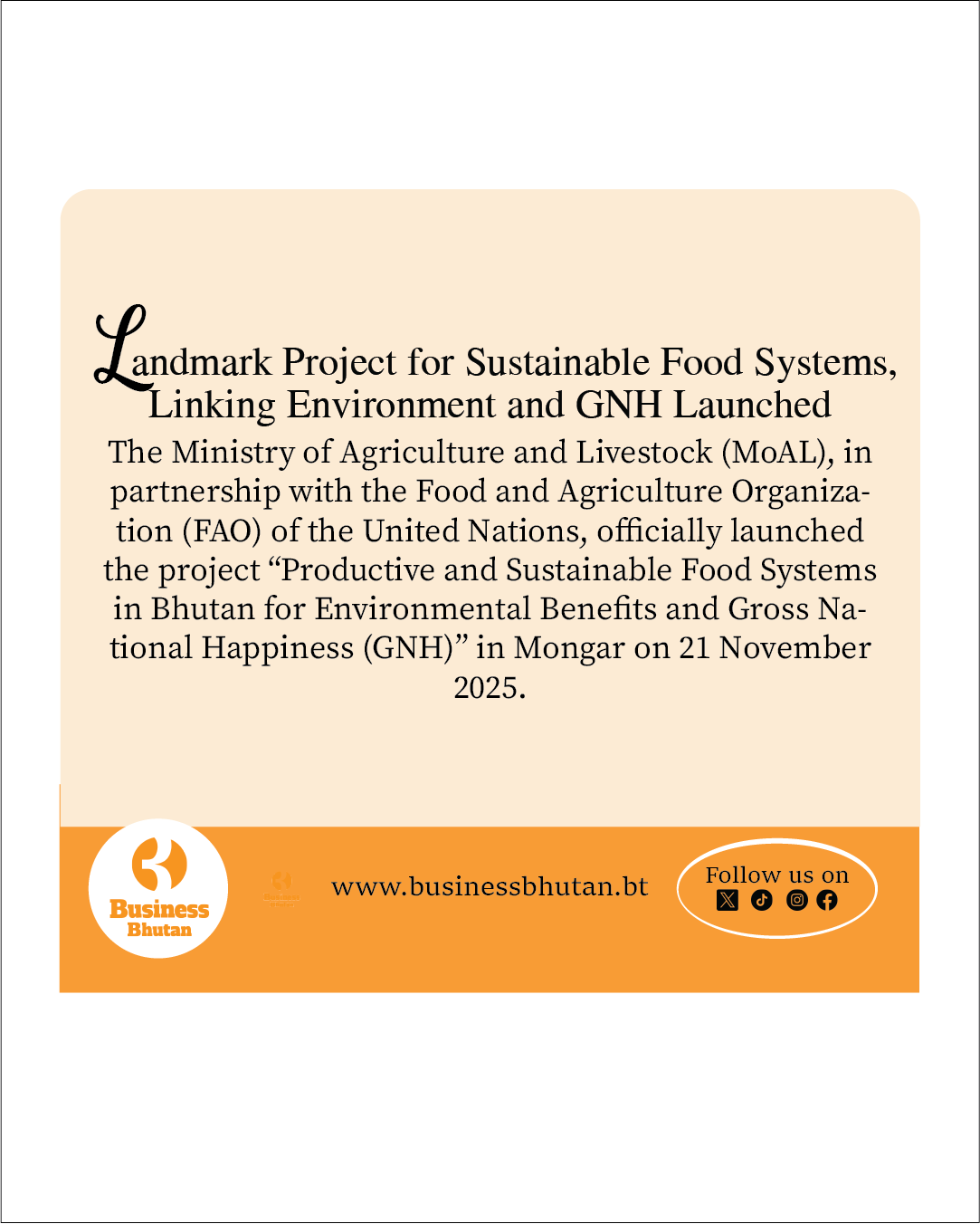In the remote gewogs of Genyenkha, expectant mothers no longer have to travel long distances for crucial prenatal care. Thanks to the introduction of Mobile Cardiotocography (iCTG) services at the Genyenkha Primary Health Center, technology is reshaping maternal healthcare and bringing specialist support closer to home.
For 31-year-old mother Ugyen Dema, the service made all the difference. Smiling as she held her healthy infant, she shared, “I am very happy to see my child growing up healthy. I am grateful to the Genyenkha Primary Health Center for providing iCTG services before my baby’s birth.”
Coming from a modest background, Ugyen said the telemedicine system eased the financial burden and stress of travel. “Thanks to the iCTG services, I didn’t have to visit a bigger hospital. I received the same quality of care here as I would in Thimphu Hospital,” she said. “The facility is well-maintained and offers high-quality services. I was able to have a normal delivery because of the excellent care I received.”
She also thanked the Government of Japan for its support. “They have made women’s lives safer and more convenient. I am very grateful,” she added.
Another beneficiary, Passang Gyalmo, who is currently using the service, shared a similar experience. “The iCTG facility is very convenient. It feels as if the doctor from the main hospital is right here with us. We get expert advice without having to travel far,” she said.
Healthcare providers, too, say the system has transformed their work. Karma Choden, a Health Assistant at the center, said the technology has improved both efficiency and accuracy. “The iCTG services are very helpful. They provide accurate results quickly, and the technology is quite advanced,” she explained. “It saves time and allows us to attend to more women.”
However, Karma noted occasional technical challenges. “Sometimes the device doesn’t work properly, which makes maintenance difficult. But we have trained personnel to repair and maintain the equipment,” she said, adding that she herself has received training in basic maintenance to ensure services are not disrupted.
The iCTG initiative is part of a broader national effort to improve maternal and child health through telemedicine. Project Coordinator D.K. Bhujel explained that the initiative is designed to make pregnancy safer, especially in remote areas. “This project aims to ensure safer deliveries by offering improved monitoring and high-quality services for women,” he said.
Funded by the Government of Japan and supported through a technical cooperation scheme with the Japan International Cooperation Agency (JICA), the project runs from March 2023 to February 2026. The Ministry of Health is leading implementation to make sure the services reach the women who need them most.
Japan’s support, valued at Nu 60 million, includes equipment, training for local health workers, and expert guidance to sustain the program. JICA’s involvement has ensured that even remote health centers are equipped with modern telemedicine devices and skilled staff.
As Bhutan moves toward strengthening rural healthcare, the Genyenkha model illustrates what is possible through innovation and partnership. For mothers like Ugyen Dema and Passang Gyalmo, iCTG services are more than a medical tool—they represent safety, dignity, and peace of mind.
With technology breaking barriers and international cooperation bolstering national efforts, Bhutan is taking confident strides toward making high-quality maternal care accessible for every woman, no matter where she lives.
By Sherab Dorji
From Thimphu




![Fresh Beginnings: Pasakha Vendors Gear Up for New Vegetable Market - Duplicate - [#16963] Fresh Beginnings: Pasakha Vendors Gear Up for New Vegetable Market - Duplicate - [#16963]](https://businessbhutan.bt/wp-content/uploads/2025/11/Asset-200.png)











